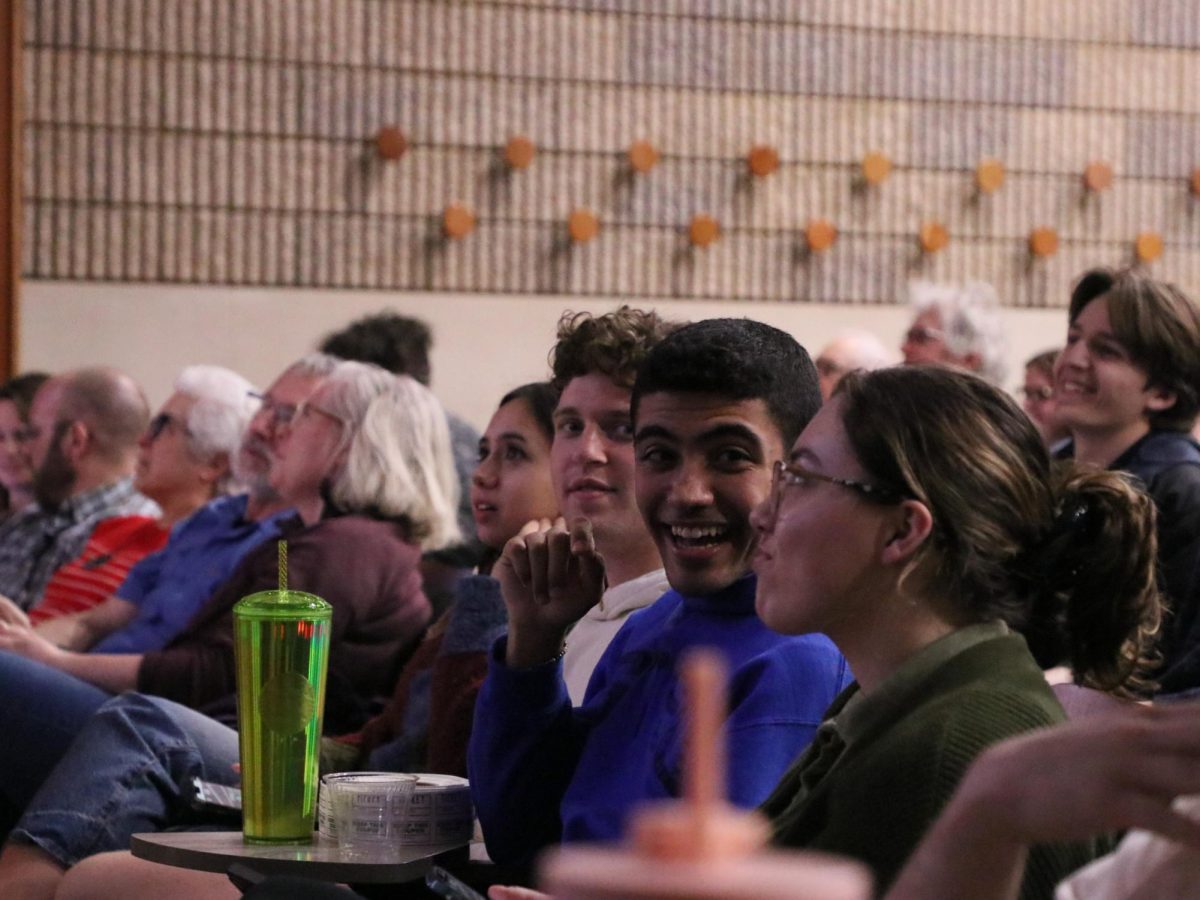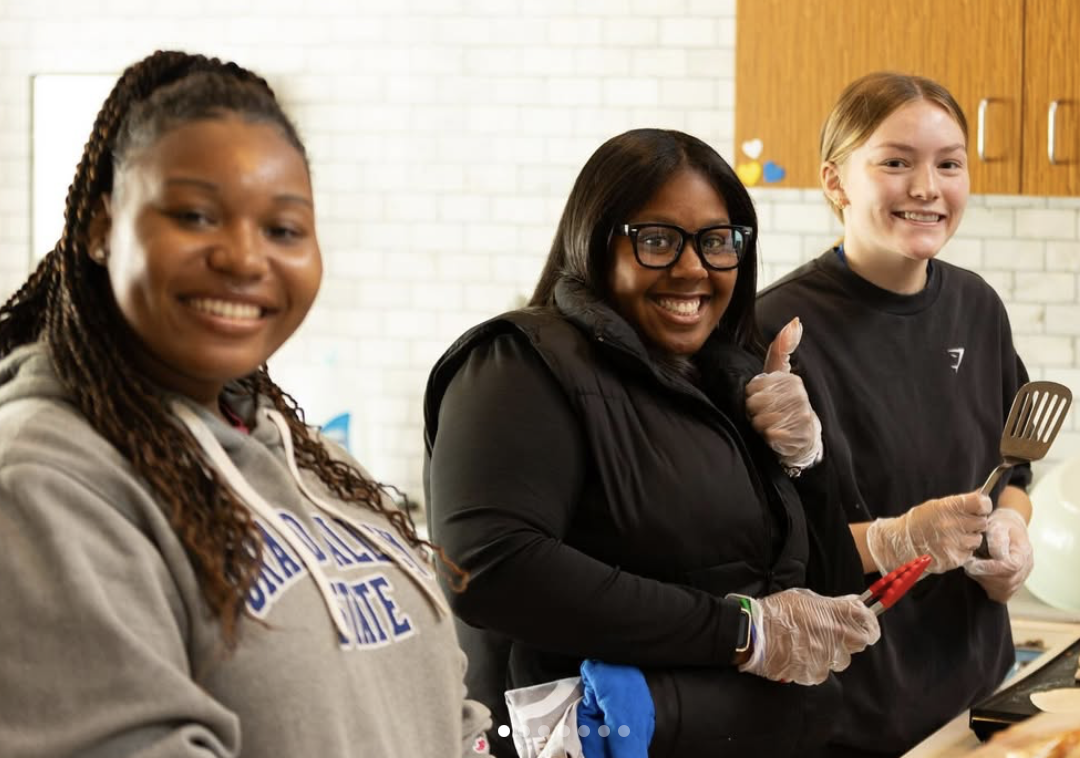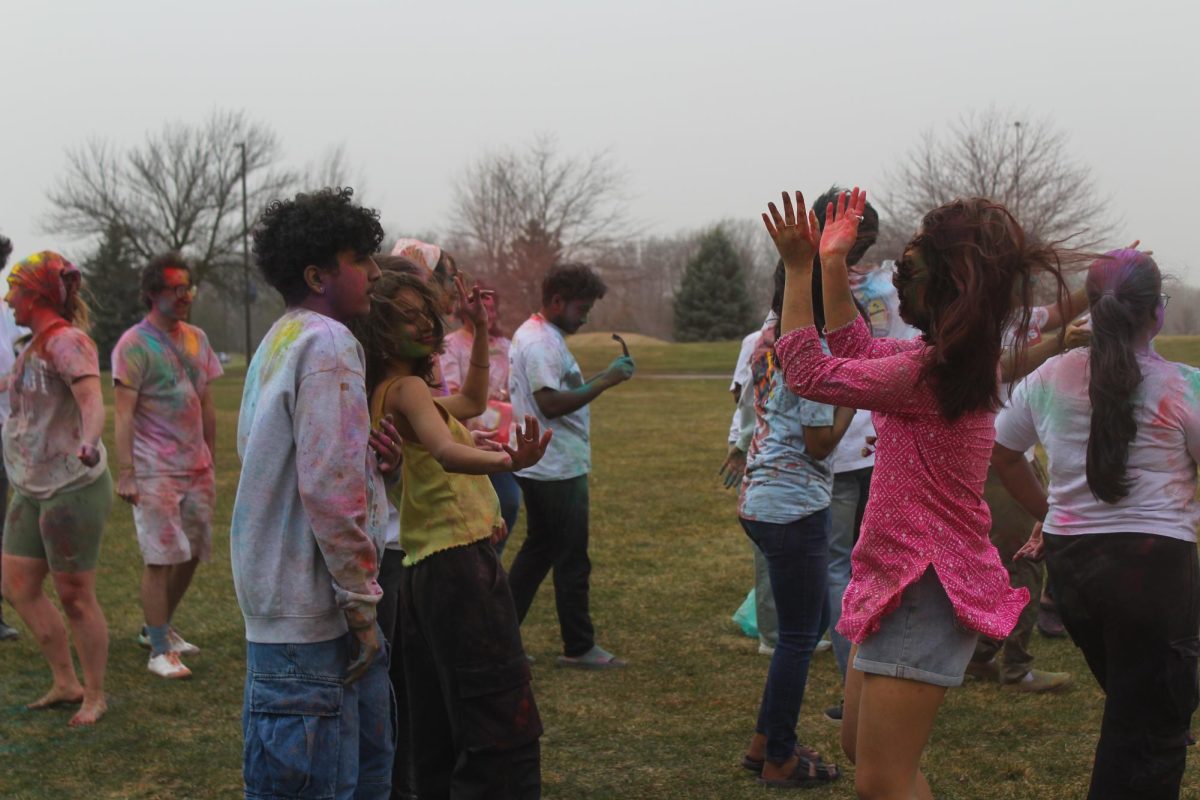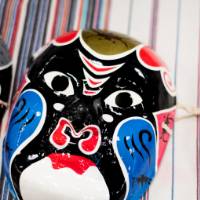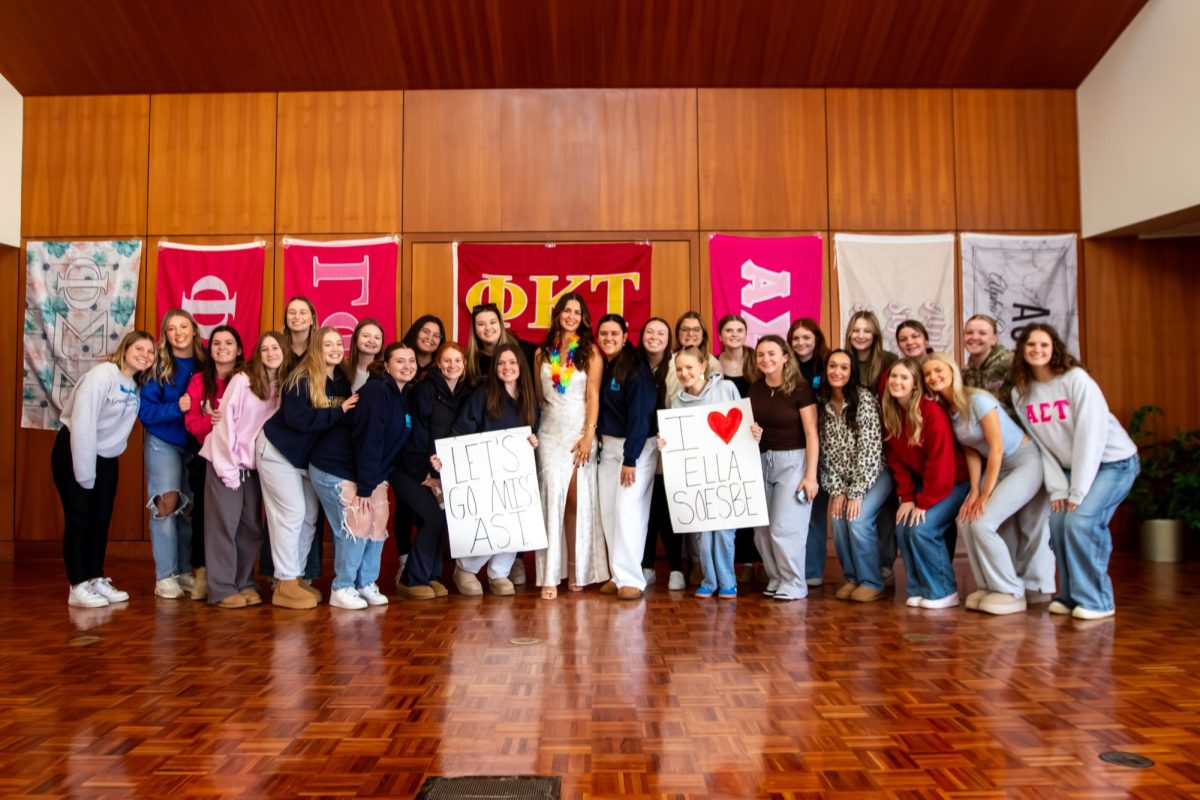Grand Valley State University’s Student Senate hosted the annual “Last Lecture,” on Tuesday March, 23. This year’s event featured Geology Professor Peter Riemersma, Ph.D.
The Last Lecture event allows the chosen professor to give a lecture that delves into what they want to share with the GVSU community and connect with attendees through sharing their story.
The Last Lecture is an annual event hosted by Student Senate since 2010, inspired by Randy Pausch’s Last Lecture that he gave as a Professor of Computer Science, Human-Computer Interaction, and Design at Carnegie Mellon University. In 2007, Pausch was told he had three-to-six months to live. Before his passing, he gave a lecture called “Really Achieving Your Childhood Dreams,” which detailed his life story and life lessons he had learned.
Riemersma was selected by GVSU’ Student Senate for this year’s lecture after being awarded the Student Award for Faculty Excellence (SAFE).
The award’s description details what it entails to be considered for the award: “The recipient of this award inspires excellent academic achievement in the classroom, and has demonstrated experiences of connecting and supporting students beyond what is expected of them.”
Riemersma, who has been teaching at GVSU for 23 years, has taught a variety of courses, but consistently finds himself teaching general education geology lectures.
“I got selected (for the SAFE award) in part for teaching these large lecture classes that are really challenging to teach, kind of set-up-to-fail sort of a thing,” Riemersma said. “I’m pleased that, you know, all my efforts to try to make those large lecture classes better got recognized, not by the university, but by the students.”
The Last Lecture event had many attendees– geology faculty, family and friends of Riemersma and students both past and current. Riemersma began his lecture with a quick skit, where he pretended to be an audience member wearing a cowboy hat. This set the tone for the lecture, which over the next two hours, was filled with jokes in between descriptions of notable moments from his life.
Rimersma began his education at the all boys Saint Xavier High School in Cincinnati, Ohio. Raised by his adopted parents, he spent his early years involved in Boy Scouts and dedicated to his studies. He went on to pursue his undergraduate degree in Geology at the University of Michigan, and then his Masters in Sedimentary Geology at the University of Utah.
While at the University of Utah, Reimersma had the lingering thought of possibly wanting to be a teacher after Tony Eckdale, a professor who Riemersma had a teaching assistantship with, nominated him for the Distinguished Graduate Student Teaching Assistant award.
After graduation, he worked as an environmental consultant for five years. He began to feel like he was doing more corporate work than science work.
“I wasn’t really feeling like a scientist anymore,” Riemersma said.
After being exhausted from the corporate world, he was ready to pursue his Ph.D. and a career in teaching. This prompted him to return to school to pursue his Ph.D. in Hydrogeology from the University of Wisconsin-Madison.
“Madison, Wisconsin is one of my favorite places I’ve ever lived– even comparing that to Salt Lake City, which is a beautiful kind of outdoor area,” Riemersma said.
After telling the story of his upbringing and educational background, Riemersma had the audience participate in a Kahoot that featured a blend of science, opinion, and Riemersma-based questions. The winners of the Kahoot were awarded different rocks and minerals that he had set out as prizes. This was inspired by interactive activities he employs in the classroom.
During his Last Lecture, he also shared some of his major teaching tips. In the courses he teaches, Riemersma aims to learn every single student’s name. To do this, on the first day of class, he brings in a variety of silly hats and has students pose with them on. He then associates the names of the students with the photos to memorize them.
He also identified the importance of celebrating student success. He shared an email he sent to students congratulating them on achieving an A on an exam and celebrating their accomplishments. Riemersma said it is important to put emphasis on student projects. Students of his that excel in these projects are awarded thrifted trophies that Riemersma has altered.
Through all his classes, Riemersma does his best to integrate projects and field trips for students. One of his favorite creative projects was a mock trial project in Geology 300. Riemersma built this class around the book “A Civil Action” by Jonathan Harr, where students concluded the class by participating in a mock trial based on the issues discussed in the book.
“That was a real challenge to do, even though I worked the students pretty hard, I think they could see that there was some value in it, which was kind of my goal,” Riemersma said.
Riemersma also sees the value in field trips for geology classes.
In 2019, Riemersma constructed Geo 380 “Geology, Natural History, and Water Resources of Florida,” which concluded with a 10 day spring break trip to Florida to do hands-on work. He noted this as one of his biggest accomplishments, considering all the planning that went into this trip.
In 2023, Riemersma collaborated with Peter Wampler, Ph.D., to construct the summer course “Water in the West.” Professors and students drove 6,300 miles in three vans to collect water samples from four different states, hiking and camping along the way. They hope to run the course again in 2025.
To close out the lecture, Riemersma highlighted his love for students and the amount of effort he puts forth for them to succeed. He detailed his collaborative research with students and discussed memories of creative projects that students have shared with him. These relationships are what motivated students to nominate Riemersma for the SAFE award, and in response, be selected for Last Lecture.
Riesmersma expressed that he loves what he does and wants to do his best at it.
“I think that to be a good professor, you have to really not just enjoy teaching, but you have to kinda love learning and have a curiosity, because if you don’t really love learning, then I think it’s gonna be a tough slog as a professor,” Riemersma said.





